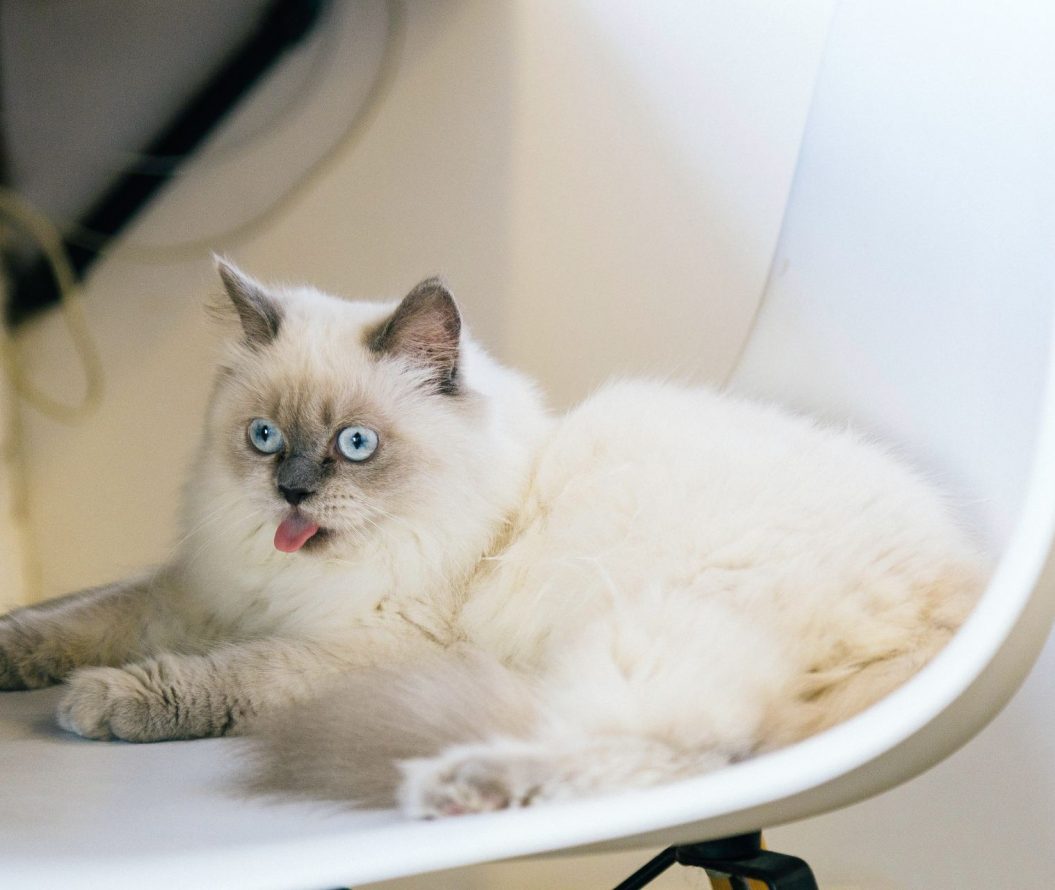
Living with BPD
Trigger warning: this article discusses difficult topics, including suicide and self-harm.
Borderline Personality Disorder (BPD) is a complex and heavily misunderstood mental illness. Even those who are meant to care for us and implement therapy and treatment to aid recovery and maintenance of symptoms often have outdated and stigmatised views about those who are diagnosed with it. We are perceived as attention-seeking or manipulative when most often we are struggling and unable to grip onto reality: we just want help.
BPD is made up of a range of symptoms from unstable mood, to fear of abandonment, impulsivity, paranoia and dissociation, unstable relationships, and difficulties with self-harm and suicidal thoughts and behaviours.
The NHS webpage on BPD as well as Mind’s overview of BPD can be useful to look at if you identify with the symptoms discussed or are struggling with similar experiences. If you are struggling with the experiences talked about here, contact your GP or seek support from the Student Wellbeing Team on Campus.
However, it is a very broad diagnosis, with nine main symptoms that can interact and present themselves in a variety of ways. This means the presentation of BPD can often be entirely different between two individuals with the same diagnosis. One thing remains consistent though, we are misunderstood and hurting deeply.
During my second year at University, I was diagnosed with BPD. The diagnosis came as a huge relief but didn’t open any doors for treatment options, instead, I was just put on increased medication and sent on my (not so) merry way. I was offered no therapy, no support from mental health services and no proper follow up after being diagnosed. It was the Student Wellbeing Team on campus that picked up the pieces, every single time. They listened to me, supported me, and encouraged me to fight my way out of the crisis I was often in. The team didn’t approach me with stigmatised views or as an individual with a ‘personality disorder’ label slapped on them; instead, they spoke to me like a human, asked what was helpful, and built a foundation of trust so I knew there was always someone to listen.
After fighting with Lincoln’s mental health services for over 2 years, I was told there was no other option but to ‘go private’ as mental health services were refusing to see me. As a student from a single-parent household, I could never have afforded to fund private therapy for myself. I secured funding from Bromhead Medical Charity, and a few weeks later, as my third year had just started, I began counselling with NW Counselling Hub (NWCH). The funding allowed for 18 counselling sessions as well as funding to see the private Psychiatrist associated with the Hub. Seeking counselling from NWCH helped me turn my life around. It meant I could work with a counsellor who understood what being borderline meant and looked like. They looked beyond the label that had been stuck to me and genuinely wanted to support me in my recovery. I worked through my problems, created new coping strategies, and reached a point I’d never seen: I had hope for the future.
Only accessing counselling during my third year at University has meant my experience of studying has been very different to that of my friends and at times I have really struggled to keep myself alive, let alone care about my studies. The best way I can describe living with BPD is like wearing the Hypno-goggles from The Incredibles 2: when they are on, I no longer feel like me. I feel like only my disorder and my thoughts become black or white: all or nothing mode is activated. I am consumed by fear that my friends will abandon me; exhausted from being unable to regulate my unstable moods or internalising such intense anger; terrified of myself as I try to ignore the suicidal thoughts that become unbearable and feel like compulsions I have to act on, or impulsively attempting suicide because I wholeheartedly believe the world would be better without me in it. A seemingly small and insignificant event can trigger me, and before I know it my ‘BPD goggles’ are on and I’ve lost control. It’s a terrifying illness to live with and one that is so hard to understand for an individual diagnosed with it, let alone for anyone without the illness to understand.
Living with the disorder is challenging enough, without the added stigma we face. It prevents us from accessing the support we desperately need (and deserve) in order to remain healthy. Before starting therapy for my BPD, I never believed I could be a functional member of society. I’ve gone from really struggling and not functioning, constantly suicidal and wanting to harm myself, to being able to enjoy life and mostly manage my symptoms. Having to fight through stigma in mental health services to access help has been close to impossible for someone with BPD, and I can only hope that this begins to change as more and more people learn about the illness from those struggling with it as opposed to healthcare professionals and the media with pre-conceived and misunderstood views.
Yes, I have BPD but no, that does not mean I am unworthy of treatment and respect.
If you are struggling with BPD or are feeling overwhelmed, relating to the symptoms and experiences discussed, please seek further support from your GP or the Student Wellbeing Team.




